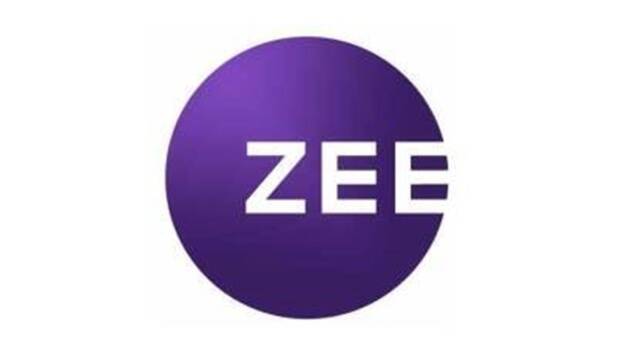ZEE Entertainment case: SAT refuses to stay SEBI order against Subhash Chandra, to hear matter on June 19
Punit Goenka had moved the SAT challenging the market regulator’s interim order against him and Subhash Chandra.
 SEBI took action for allegedly diverting funds of Essel Group companies.(Representational/file)
SEBI took action for allegedly diverting funds of Essel Group companies.(Representational/file) The Securities Appellate Tribunal (SAT) Thursday declined to pass an interim order against the Securities and Exchange Board of India (SEBI) direction barring Essel Group Chairman Subhash Chandra and his son Punit Goenka from holding key managerial positions in any listed entity.
SEBI took action against Chandra and Goenka, the MD and CEO of Zee Entertainment Enterprises Ltd (ZEEL), on June 12 for allegedly diverting funds of Essel Group companies for their own benefit.
Goenka had moved the SAT challenging the market regulator’s interim order against him and Chandra.
The tribunal has asked SEBI to file a reply in 48 hours in an appeal filed by Chandra. The SAT will hear the matter on June 19.
In its investigation, SEBI found that Chandra had provided a Letter of Comfort (LoC) in September 2018, towards credit facilities amounting to Rs 200 crore availed by certain group companies from Yes Bank. The LoC was issued without the knowledge of the board of ZEEL, which was a violation of SEBI’s Listing Obligations and Disclosure Requirements (LODR) norms.
SEBI said that Yes Bank had adjusted the FD of ZEEL for meeting the obligations of seven associate entities which were owned or controlled by the family members of Chandra and Goenka (promoter family).
When probed, ZEEL submitted to SEBI that Rs 200 crore, equivalent to the value of FD which was encashed by Yes Bank for the dues from associate entities owned by the promoter family, had subsequently been received back from those associate entities in September/October 2019.
The regulator found that the funds had originated from ZEEL or other listed companies of Essel Group, which moved through multiple layers of promoter family-owned or controlled entities and were ultimately transferred to ZEEL, in order to show the fulfilment of payment obligations of the associate entities towards ZEEL.
In the interim order, the regulator had said that the siphoning of funds appears to be a well-planned scheme since, in some instances, the layering of transactions involved using as many as 13 entities as pass-through entities within a short period of two days only.





- 01
- 02
- 03
- 04
- 05


























